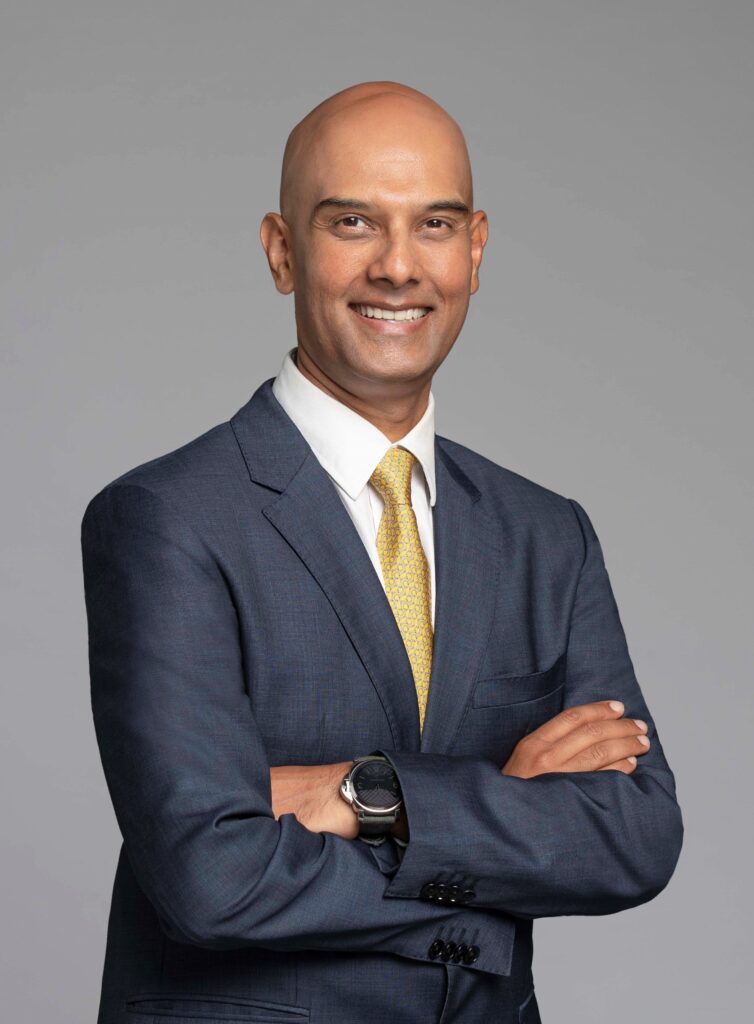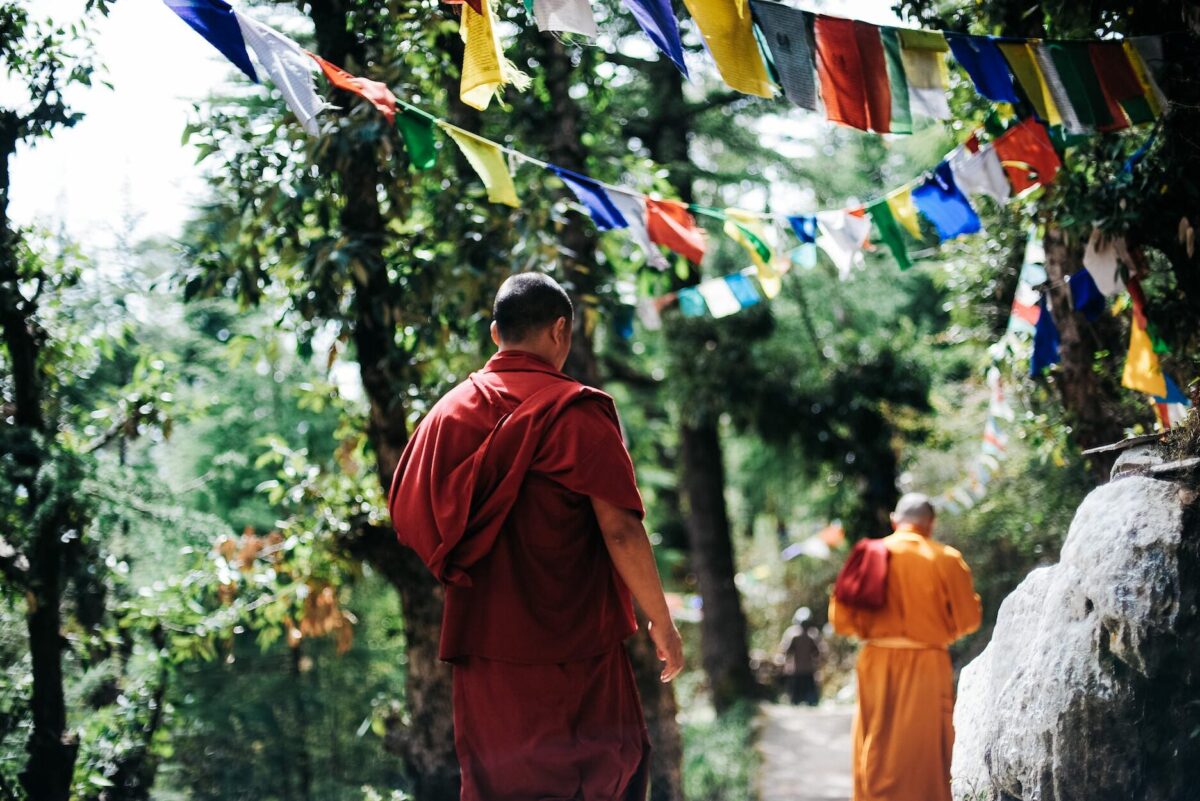Skift Take
India's tourism market has made significant strides post pandemic, with a growing appetite for diverse experiences, authenticity and wellness. The world should recognize and cater to India's evolving preferences.
A shift towards experiential journeys, growing demand for premium travel options – Indians approach to travel is evolving, according to Mukul Sukhani, senior vice president of business development at Mastercard.
According to the most recent data from India’s apex bank — the Reserve Bank of India (RBI), credit card spending in July 2023 reached a new peak of INR 1.5 trillion, reflecting a year-on-year increase of 25%.
Speaking recently at the B20 Summit in India, Mastercard CEO, Michael Miebach, spoke about how the company has invested significantly in India, recognizing the nation as a hub for digital innovation.
In his interaction with Skift, Sukhani highlighted the shift in Indian travel trends.
Here are some key takeaways:
1: Shift in Tourism Source Markets — From China to India
With China struggling, India has emerged as a dynamic force in the global tourism arena. The surge of outbound expenditures by Indian tourists has significantly bolstered the global tourism industry, particularly during the first six months of the year, with May and June witnessing a robust upswing in holiday spending overseas, according to Sukhani.
Notably, the growth rate has surged by 30 to 40 percentage points over the previous year, signaling the resilience of India’s tourism sector even amidst global challenges. (For more, read Skift’s Megatrend report, India is the New China.)
2: Visa Policies: The Gamechanger
While traditional hotspots such as the U.S., UK, and Singapore remain popular among Indian travelers, there has been growing demand for travel to countries with easier visa policies.
Thailand is a notable example, said Sukhani.
“Thailand, once a steady tourist corridor, has regained its prominence due to its accessible travel policies,” said Sukhani.
Furthermore, the introduction of direct flights from cities like Delhi to Azerbaijan and Georgia has facilitated increased tourist movement to these destinations. Indian citizens just need to secure an e-visa to enter Azerbaijan. More than 60,000 tourists from India visited Azerbaijan in 2022.

3: Resilience of Discretionary Spending
Despite inflation and potential recession risks, discretionary spending in India has remained strong. Sukhani said that leisure travel is witnessing an upsurge, with people traveling more frequently than before the pandemic, dispelling concerns of reduced travel due to economic concerns. Travelers are also displaying a willingness to invest in quality travel experiences.
The American Express Global Travel Trends report had also highlighted that 90% of Indian travelers are emphasizing travel plans centered around personal wellness, with 87% intending to allocate more of their budget to luxury experiences rather than traditional luxury goods this year.
4: Rise of Solo Travel
A significant trend reshaping India’s travel landscape is the rise of solo travel coupled with a focus on enriching experiences. The emphasis on mental health has prompted an increase in wellness tourism, ranging from spa holidays to fitness-centered getaways.
“The demand for unique experiences has also led to the popularity of experiential travel promoting travel companies to curate experiential packages that prioritize activities over material possessions,” he said.
5: Business Travel Drives Blended Trips
The enthusiasm for leisure travel, he said, extends to business travelers, who are increasingly blending work trips with leisure experiences, a trend that Skift had earlier referred to as “The Great Merging.”
Recently, Marriott’s Area Vice President for South Asia had highlighted the rising number of guests combining business trips with staycations.
6: Airline Partnerships and Loyalty Programs
As airlines collaborate with financial institutions to capitalize on evolving travel trends, Mastercard has also partnered with Indian banks and carriers to launch co-branded credit cards.
After HDFC and low-cost carrier Indigo’s co-branded card on the Mastercard network, the launch of the Vistara card, in collaboration with IDFC FIRST Bank, shows the airlines’ commitment to offering enhanced experiences.
While Sukhani acknowledged that the initiative bolsters customer loyalty, he also emphasized the importance of reaching a critical mass for loyalty programs and co-branded cards to succeed. “You do need a certain number of customers for the program to justify itself,” he said.
Skift India Report
The Skift India Report is your go-to newsletter for all news related to travel, tourism, airlines, and hospitality in India.
Have a confidential tip for Skift? Get in touch
Tags: china, domestic tourism, experiential travel, great merging, india outbound, leisure travel, marriott, Mastercard, megatrends 2023, skift india report, solo travel, visa
Photo credit: Solo travelers are using their journeys for introspection and self-reinvention Wouter de Jong / pexels
